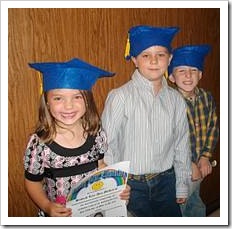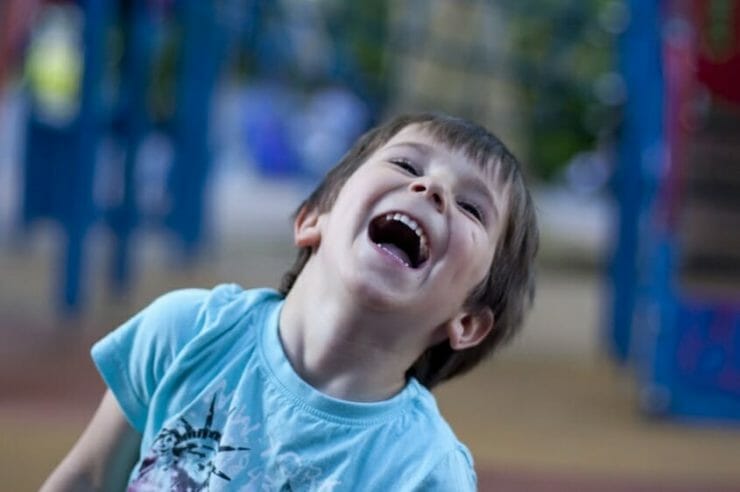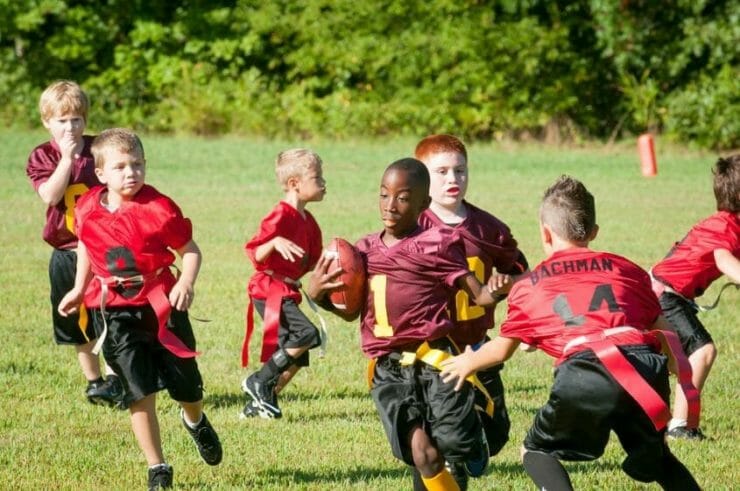
The idea that all kids are the same is false and brings parents and teachers into lots of trouble. Every time these kids are not “the same” as others, they think something is wrong with them. Nothing is wrong with them! They are just different and we should all be happy that there is not such a thing as “one size fits all”.
In my kids’ assessments, I check children’s communication styles. If I know their communication styles, I know what challenges they have and why, and I know the best ways to introduce new information to them.
During our sessions together, I pay attention to how they move. I check if they stand up while they work and if they move their legs or other body part. I notice if they are social and friendly and pay attention to how they talk about others. Moving a lot and talking about emotions, fairness, kindness and caring are typical for kinesthetic children.















